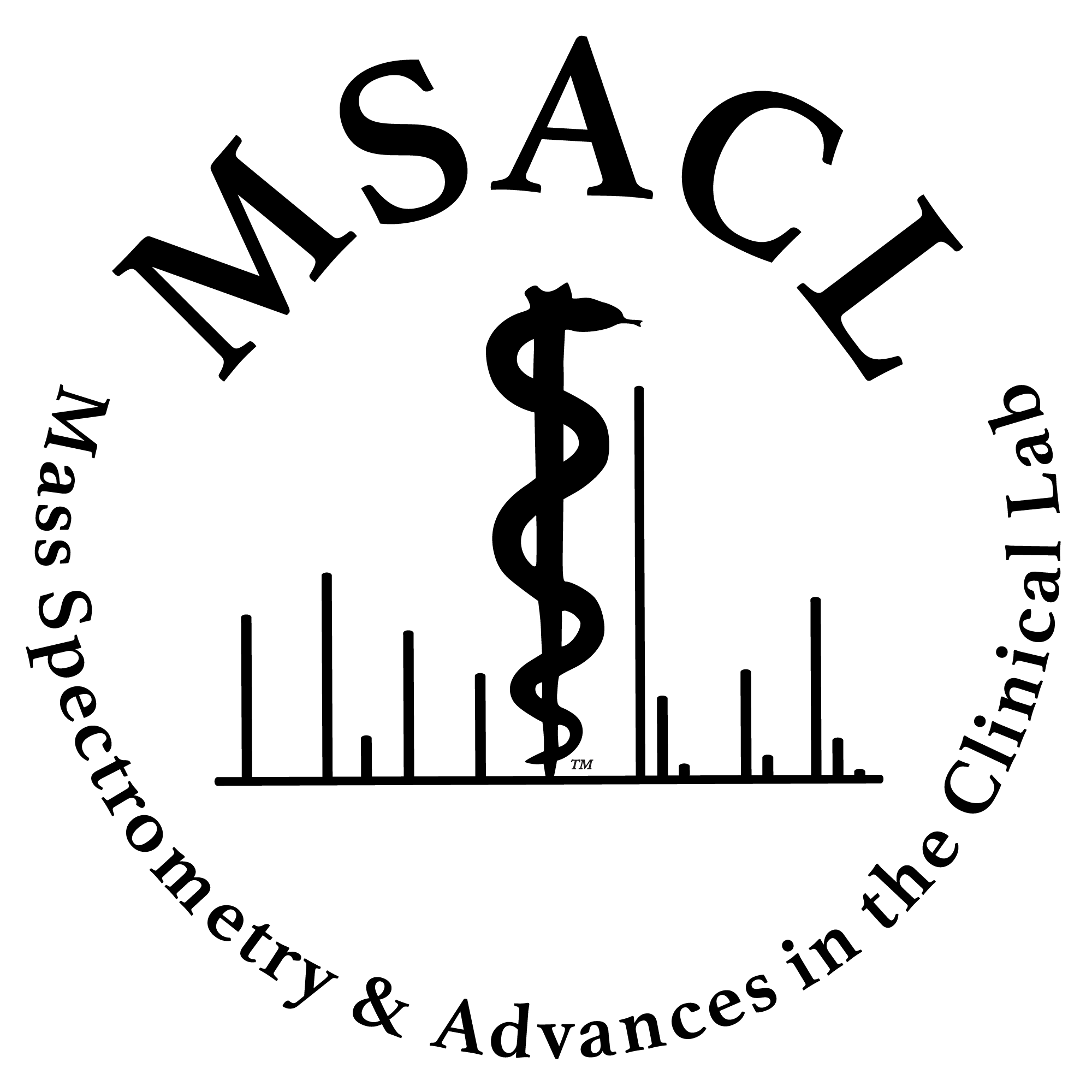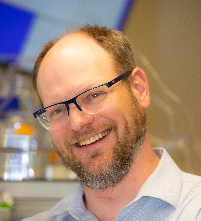MSACL 2023 Industry Workshop Presentation
*This Podium Presentation is occuring in the context of an Industry Workshop that starts at the time below.
Its actual start time may be up to 40 minutes later, depending on order of presentation if there are multiple presentations planned by the workshop host.
| Workshop Host: | Thermo Fisher Scientific |
| Day: | Thursday April 6 |
| Time: | 7:00* |
| Location: | Steinbeck 1 |
|

|
|
Liquid chromatography-mass spectrometry metabolomics: A new frontier in microbiology diagnostic testing
|

|
Ian Lewis, PhD
University of Calgary
|
Presenter Bio: Dr. Ian Lewis is an Associate Professor and Alberta Innovates Translational Health Chair in the Department of Biological Sciences at the University of Calgary. Dr. Lewis earned a PhD in Biochemistry from the University of Wisconsin-Madison and completed his postdoctoral training at Princeton University. The Lewis laboratory specializes in unraveling the complex metabolic underpinnings of infections. To support this research, Dr. Lewis founded the Calgary Metabolomics Research Facility (CMRF), an integrated suite of microbiology, engineering, and analytical laboratories that was specifically built for studying microbial metabolism and building tools for fighting infections. Dr. Lewis also founded the Alberta Precision Exchange (APEX), a program that leverages Alberta’s integrated healthcare system to fast-track the development of new clinical diagnostics. Dr. Lewis has leveraged APEX to launch a suite of new diagnostic tools that are being implemented in Alberta hospitals.
|
|
|
|
|
Summary Liquid chromatography-mass spectrometry (LC-MS) has emerged as a mainstream tool for clinical chemistry and has been adapted to a wide transect of diagnostic tasks. Despite this, LC-MS currently plays no role in the identification and antibiotic susceptibility testing of microbes, which collectively account for over 25 million diagnostic assays each year in North America. New technology that supports and accelerates these clinical microbiology assays is urgently needed because existing tools take two to five days to complete analyses. As a result, clinicians must make prescribing decisions with little to no supporting lab data in the critical early phases of infections. The increasing prevalence of antimicrobial resistant organisms has made these empirical decisions less accurate, and cases where patients are given the wrong drug can lead to a 7% increase in mortality per hour if left uncorrected. In summary, slow diagnostic timelines in microbiology testing directly contribute to preventable deaths.
Over the last six years, the Lewis Research Group has worked with Thermo Fisher Scientific to develop a new mass spectrometry-based approach for rapidly identifying microbes and measuring their antibiotic susceptibility profiles. Our technology is 30 to 40 hours faster in head-to-head races when compared to existing tools. We recently integrated a prototype tool directly into the Alberta healthcare testing environment and will report the results of our first pre-clinical trial of this transformative platform.
|
|

